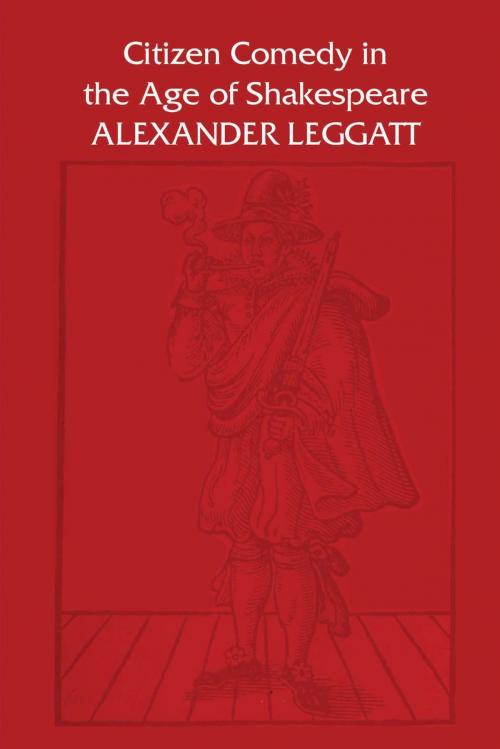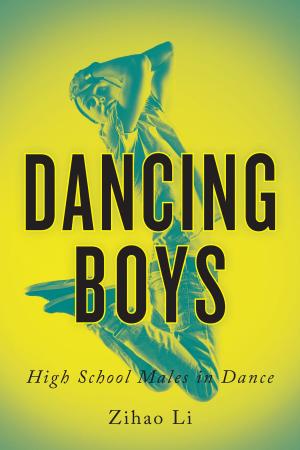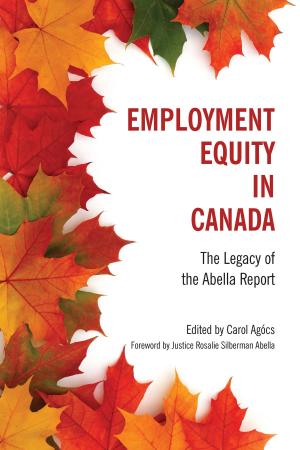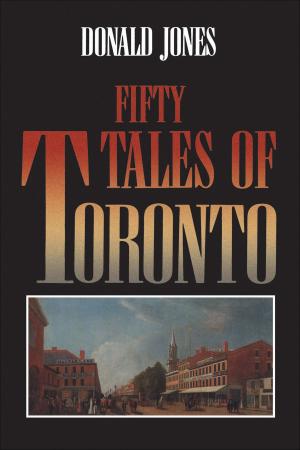Citizen Comedy in the Age of Shakespeare
Nonfiction, Entertainment, Drama, Shakespeare, Fiction & Literature, Theatre| Author: | Alexander Leggatt | ISBN: | 9781487586348 |
| Publisher: | University of Toronto Press, Scholarly Publishing Division | Publication: | December 15, 1972 |
| Imprint: | Language: | English |
| Author: | Alexander Leggatt |
| ISBN: | 9781487586348 |
| Publisher: | University of Toronto Press, Scholarly Publishing Division |
| Publication: | December 15, 1972 |
| Imprint: | |
| Language: | English |
This is the first book to survey comprehensively the field of Elizabethan and Jacobean citizen comedy. Most studies of the period focus on major authors; this one follows recurring themes and motifs, through a variety of plays by many authors from the moralizing comedies of the boys' companies. Professor Leggatt provides not only a fresh perspective on familiar plays by such figures as Jonson, Middleton, and Dekker, but also a new look at a number of neglected comedies, some by unfamiliar authors, some by major authors working together.
Standard figures – the usurer, the prodigal, and the prostitute – and standard plots – notably intrigues based on money or sex (or both) – are traced to show the changes that occur in apparently stereotyped material at the hands of individual authors. The result is to display the range and internal variety of a genre that too often is seen as all of a piece, and to show the different ways in which social thinking can interact with the demands and comic form.
This book will interest students of Renaissance English drama, both for its treatment of a neglected type of play and for its comments on individual citizen comedies. Those who are concerned with drama as a vehicle for social commentary will find many points for discussion.
This is the first book to survey comprehensively the field of Elizabethan and Jacobean citizen comedy. Most studies of the period focus on major authors; this one follows recurring themes and motifs, through a variety of plays by many authors from the moralizing comedies of the boys' companies. Professor Leggatt provides not only a fresh perspective on familiar plays by such figures as Jonson, Middleton, and Dekker, but also a new look at a number of neglected comedies, some by unfamiliar authors, some by major authors working together.
Standard figures – the usurer, the prodigal, and the prostitute – and standard plots – notably intrigues based on money or sex (or both) – are traced to show the changes that occur in apparently stereotyped material at the hands of individual authors. The result is to display the range and internal variety of a genre that too often is seen as all of a piece, and to show the different ways in which social thinking can interact with the demands and comic form.
This book will interest students of Renaissance English drama, both for its treatment of a neglected type of play and for its comments on individual citizen comedies. Those who are concerned with drama as a vehicle for social commentary will find many points for discussion.















